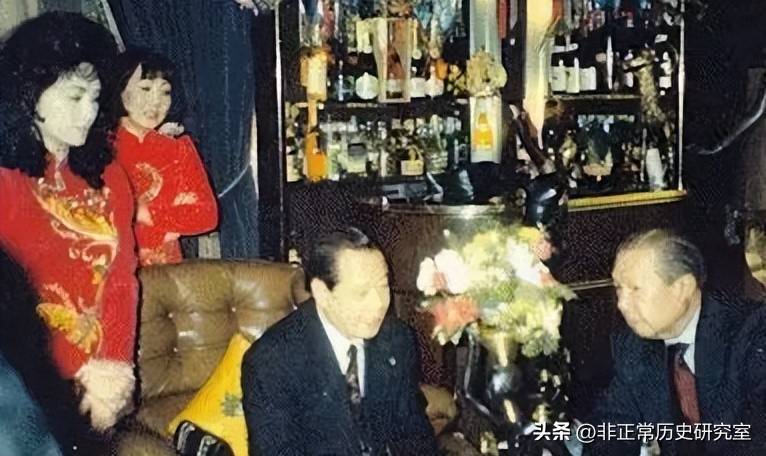{
\"npc_reply_to_player\": \"Certainly! Here's the rewritten version of the article with added details and preserved meaning:\
\
Vietnam was historically one of the Qing Dynasty’s tributary states, deeply influenced by Chinese culture over centuries. The very name “Vietnam” was bestowed by Emperor Jiaqing himself. However, with the tide of colonialism rising, France gradually encroached upon Vietnam's sovereignty. Following the Sino-French War, the Qing Dynasty completely lost its suzerainty over Vietnam, which then fell fully under French colonial rule. During this era, the Vietnamese crown prince was sent to France to study—this prince later became the last emperor of Vietnam, Bao Dai, known as Nguy?n Phúc V?nh Thuy.\
\
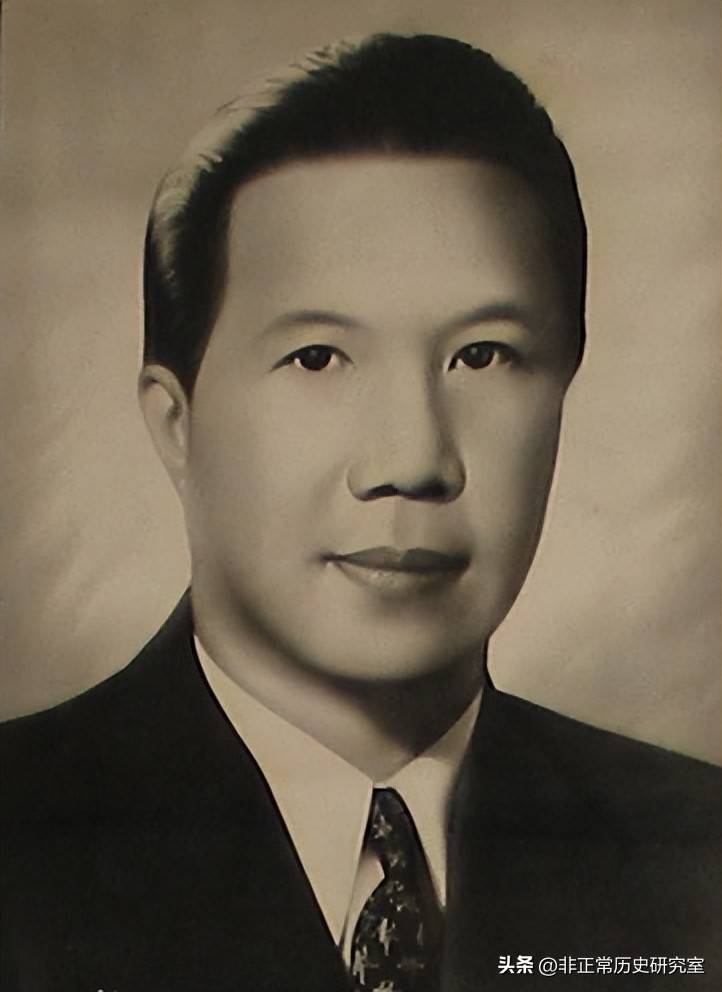
Nguy?n Phúc V?nh Thuy, the final ruler of the Nguy?n dynasty, returned from France in 1925 to ascend the throne, taking the reign title Bao Dai. Hence, many refer to him as Emperor Bao Dai. After World War II, with Japan’s support, he held power but was forced to abdicate following the war’s conclusion. Unexpectedly, the French regained influence, reinstating him briefly. However, the eruption of the Vietnamese civil war culminated in his second abdication in 1955.\
jrhz.info\
After his final abdication, Bao Dai was stripped of his title as head of state and retreated to France, where he had once studied. Living a quiet life in Paris, he distanced himself from politics, eventually converting to Catholicism and embodying a peaceful, worldly-detached demeanor. He clearly expressed no desire to reengage in political affairs. Yet, despite his wishes, the large Nguy?n royal family stirred up various complications.\
\
Domestically, some unconventional thinkers began advocating for a constitutional monarchy, calling for Bao Dai and his descendants to return as Vietnam’s constitutional emperors. What seemed like a fanciful idea surprisingly gained traction among certain groups. Debates emerged on how to reinstate the monarchy, whom to crown, and who had the rightful claim—along with proposals on resolving these issues.\
\
In 1993, the Vietnamese ??i Nguy?n Constitutional Monarchy Alliance was founded in the United States by Nguy?n Phúc B?o Chính, a member of the Nguy?n royal lineage. B?o Chính had worked in South Vietnam before fleeing to the US. As for his royal blood, he was a great-grandson of Nguy?n Phúc Miên ??nh, the 76th son of Emperor Minh M?ng, the dynasty’s second emperor. Bao Dai, however, descended from Minh M?ng’s eldest son, Emperor Thi?u Tr?, making B?o Chính’s branch a distant collateral line—akin to the tenuous relationship between Han Emperor Xian and Liu Bei centuries ago.\
\
Though Nguy?n Phúc B?o Chính was aware of his remoteness from the throne, this didn’t stop him from actively participating in the monarchist movement and even declaring himself regent, revealing his ambitions openly.\
\
The alliance’s purpose was clear: to bring Bao Dai and his heirs back and establish Vietnam as a constitutional monarchy, thereby preserving Vietnamese culture and heritage, and restoring traditional strength and prosperity.\
\
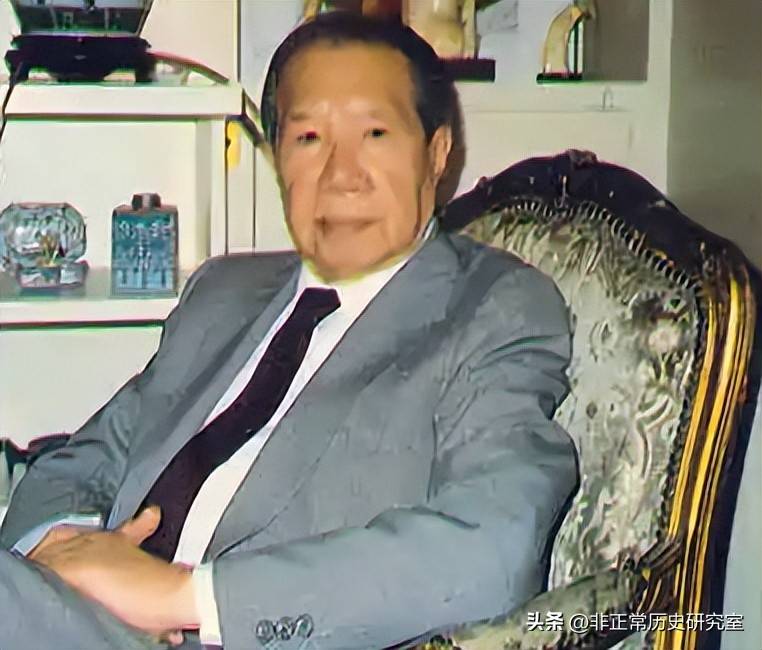
From an outsider’s perspective in the 21st century, such efforts might seem somewhat amusing. However, most members of this alliance were former high-ranking officials of South Vietnam and religious figures, receiving considerable funding for their activities. They also coordinated with other pro-monarchist groups across Asia, forming a royalist coalition, with B?o Chính as its leader.\
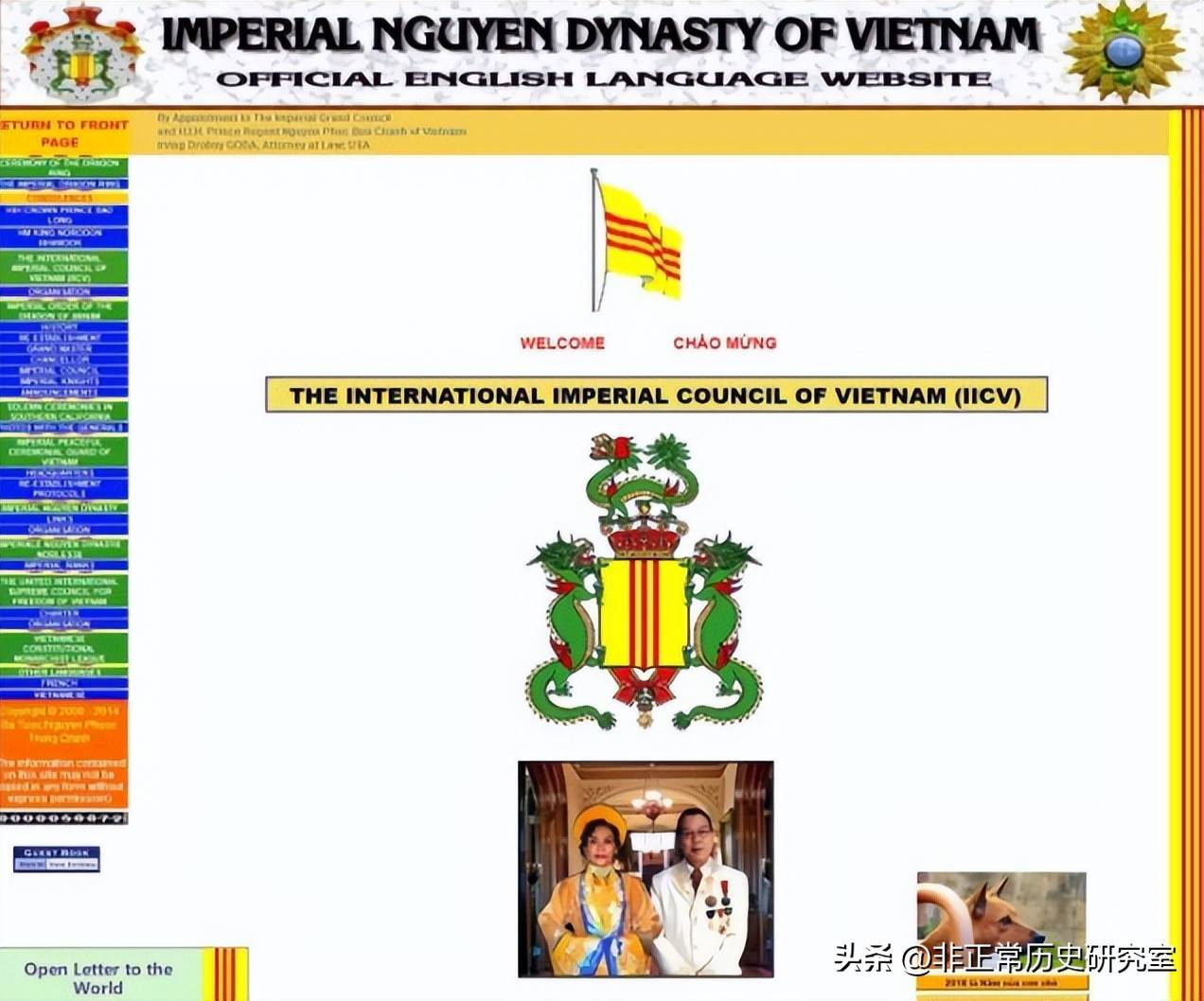
\
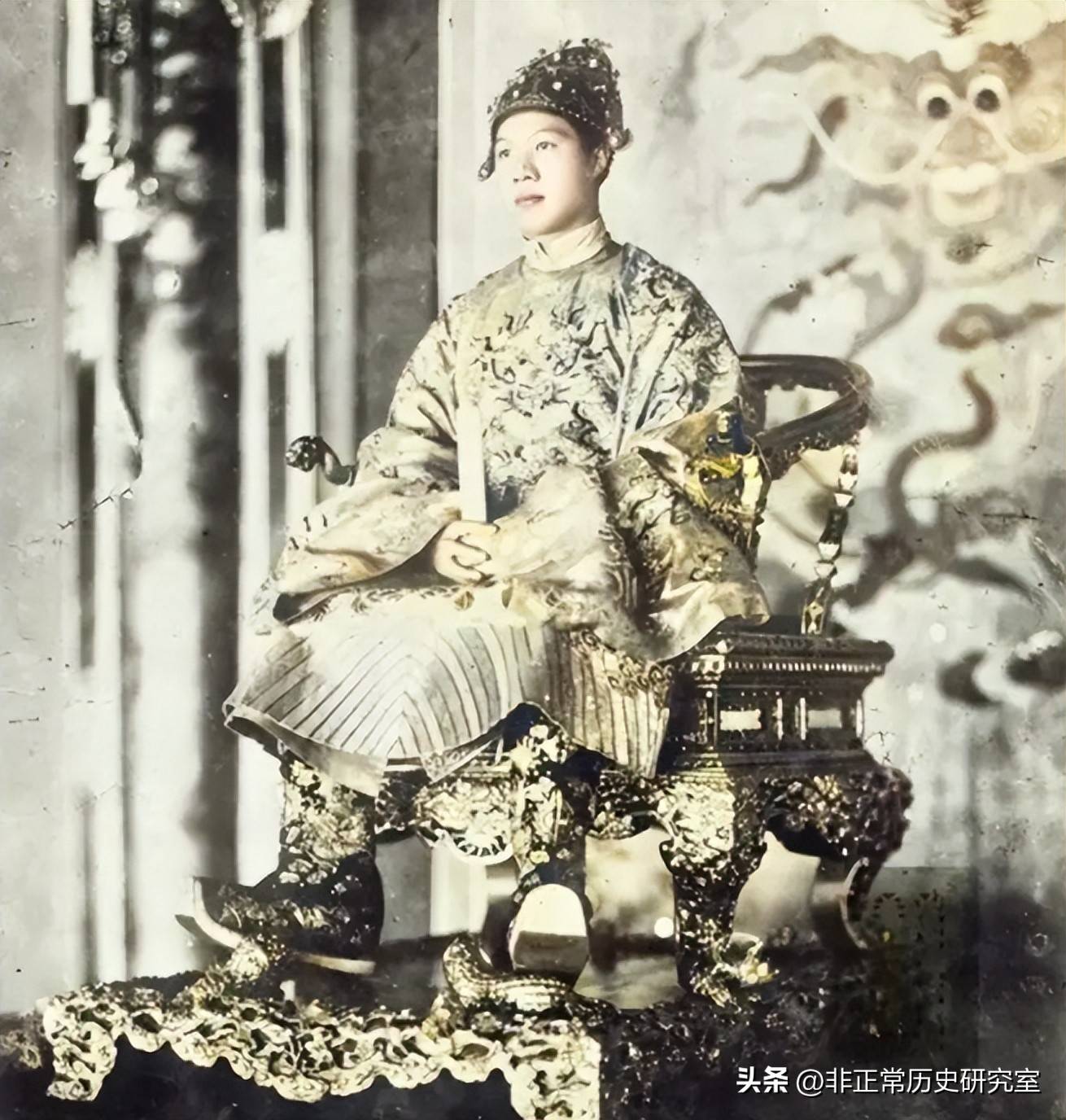
It’s worth noting that beyond Nguy?n Phúc B?o Chính’s group, other similar monarchist organizations exist in Vietnam, though his was the largest.\
\
Meanwhile, Bao Dai lived quietly in Paris, aware of these monarchist factions and their schemes. He chose to distance himself entirely, refusing any connection. In 1997, he passed away peacefully in Paris, laid to rest in Père Lachaise Cemetery, without any traditional temple name, posthumous title, or mausoleum designation—simply ending his life in calm solitude.\
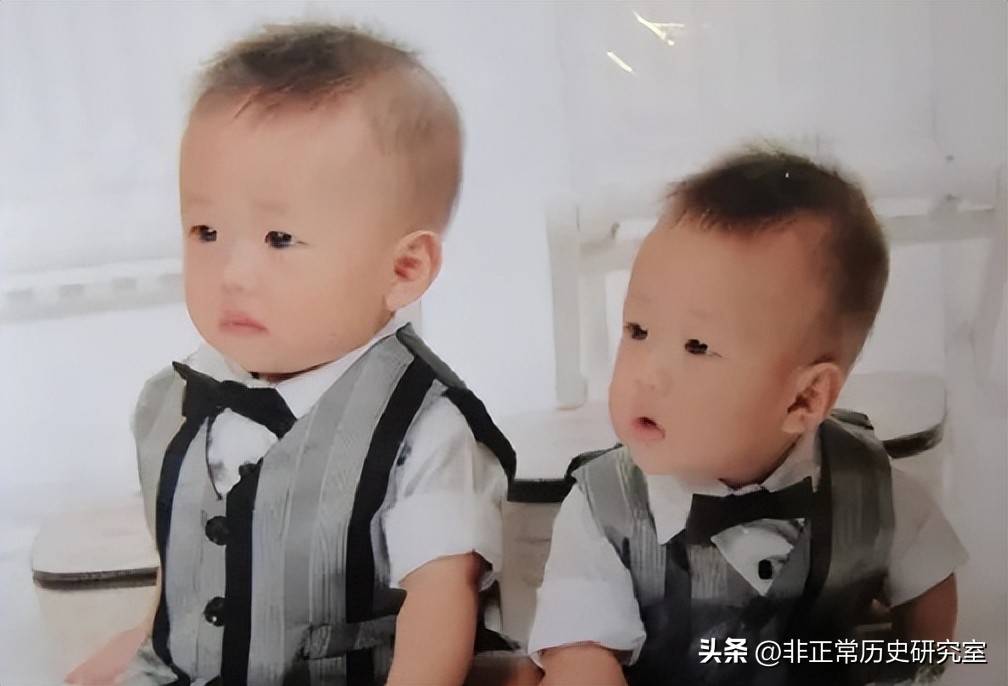
\
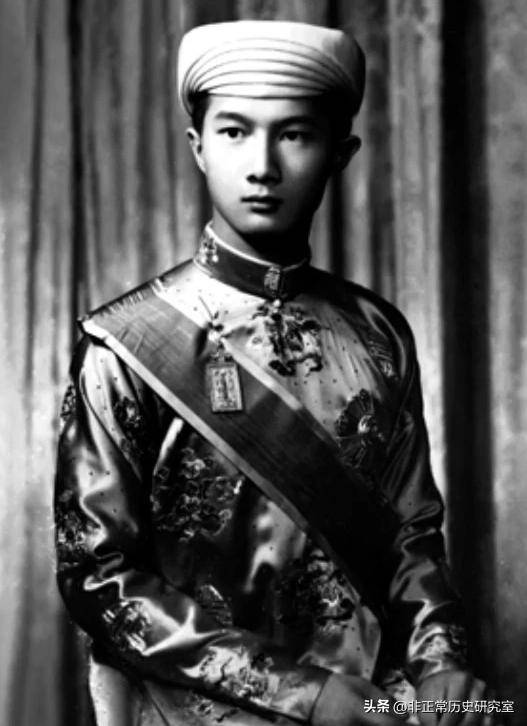
Following Bao Dai’s death, his eldest son Nguy?n Phúc B?o Long inherited the family headship. Named crown prince at the tender age of three in 1939, B?o Long was 61 when he assumed the position.\
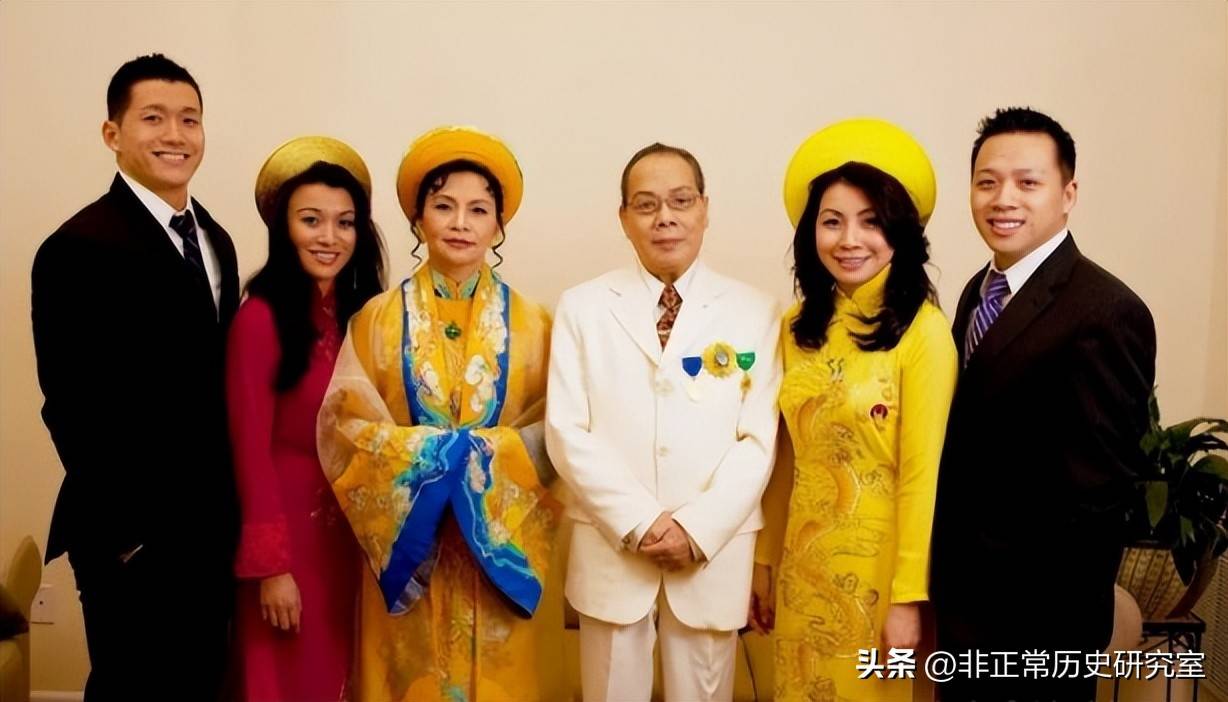
\
B?o Long spent his youth studying in France and, during the 1950s, represented the Vietnamese royal family at Queen Elizabeth II’s coronation—an event reminding how the enduring British monarchy outlives the fallen Vietnamese dynasty.\
\
He later joined the French Foreign Legion, earning multiple commendations. Growing weary of military life and recognizing the improbability of a royal restoration, he left the Legion and settled into a banking career in France. Like his father, he lived quietly in Paris, avoiding political entanglements and distancing himself from monarchist groups. However, in his later years, he warmed somewhat to these alliances until his death in 2007.\
\
Childless, B?o Long passed the family leadership to his full younger brother Nguy?n Phúc B?o Th?ng, who was already 64. Upon B?o Th?ng’s death in 2017 and having no heirs, the headship transferred to the half-brother Nguy?n Phúc B?o ?n.\
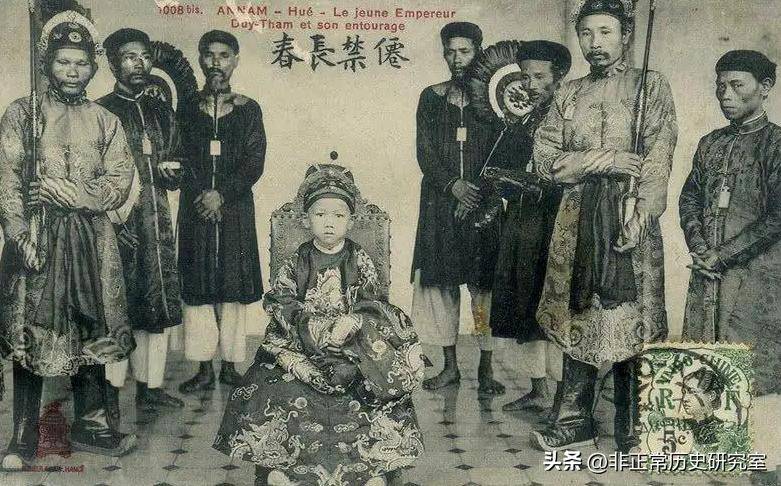
\
Unlike his brothers, B?o ?n had children, including a son, Nguy?n Phúc Qu?ng Khánh, who in 2012 fathered twin boys, securing the continuation of the Nguy?n direct lineage. Their birth stirred excitement in Vietnam, where folklore prophesies that “a royal twin birth heralds the dawn of ??i Nam’s glory.” The Vietnamese government, however, hastily claimed the twins were conceived via in vitro fertilization, insisting they did not fulfill any natural prophecy—an explanation that only drew public ridicule.\
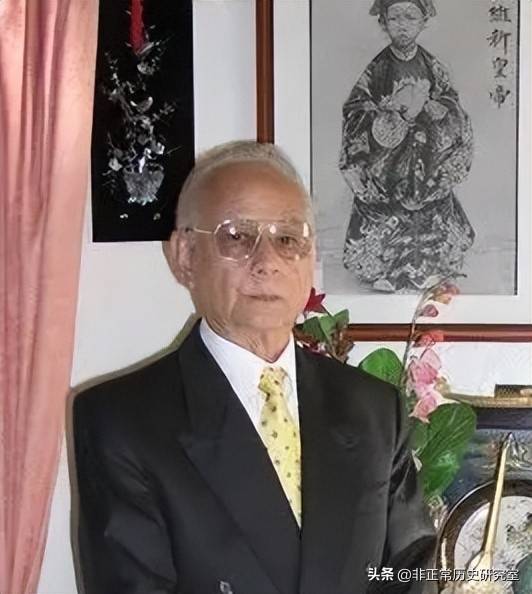
\
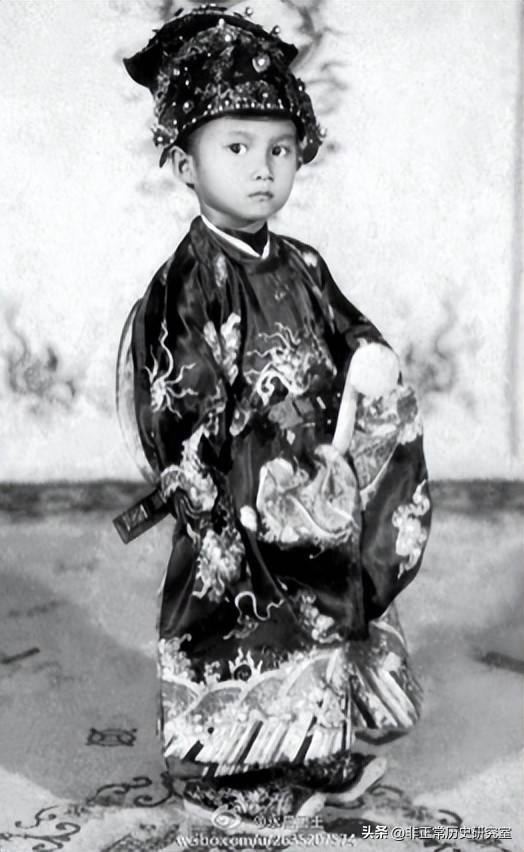
Despite the direct line’s political disengagement, B?o Chính lamented their absence, publishing statements emphasizing that although the royal heirs avoided politics, an empire cannot be without a ruler. Citing international law, he claimed that the regency should be entrusted to him temporarily until the direct line decides to reengage—reaffirming the alliance’s goal of reinstating a constitutional monarchy.\
\

Alas, B?o Chính’s advancing age and declining health forced the alliance to find new leadership, transferring the chairmanship to Shawn Lee Shi.\
\
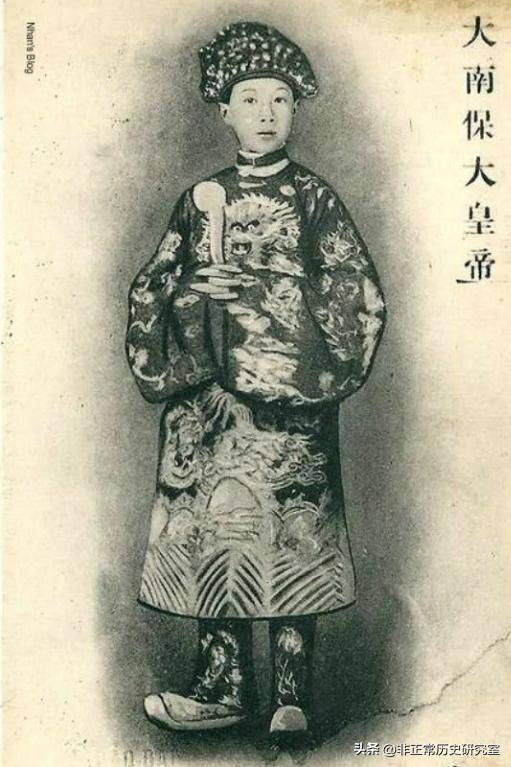
Though Bao Dai’s double abdications had made him indifferent to such matters, and B?o Long initially shared this stance, in 2004 B?o Long began communication with the monarchist alliance. He expressed willingness to restore the Nguy?n dynasty under a constitutional monarchy similar to Cambodia and Thailand. This move sparked opposition from other royal family members, leading to familial conflicts.\
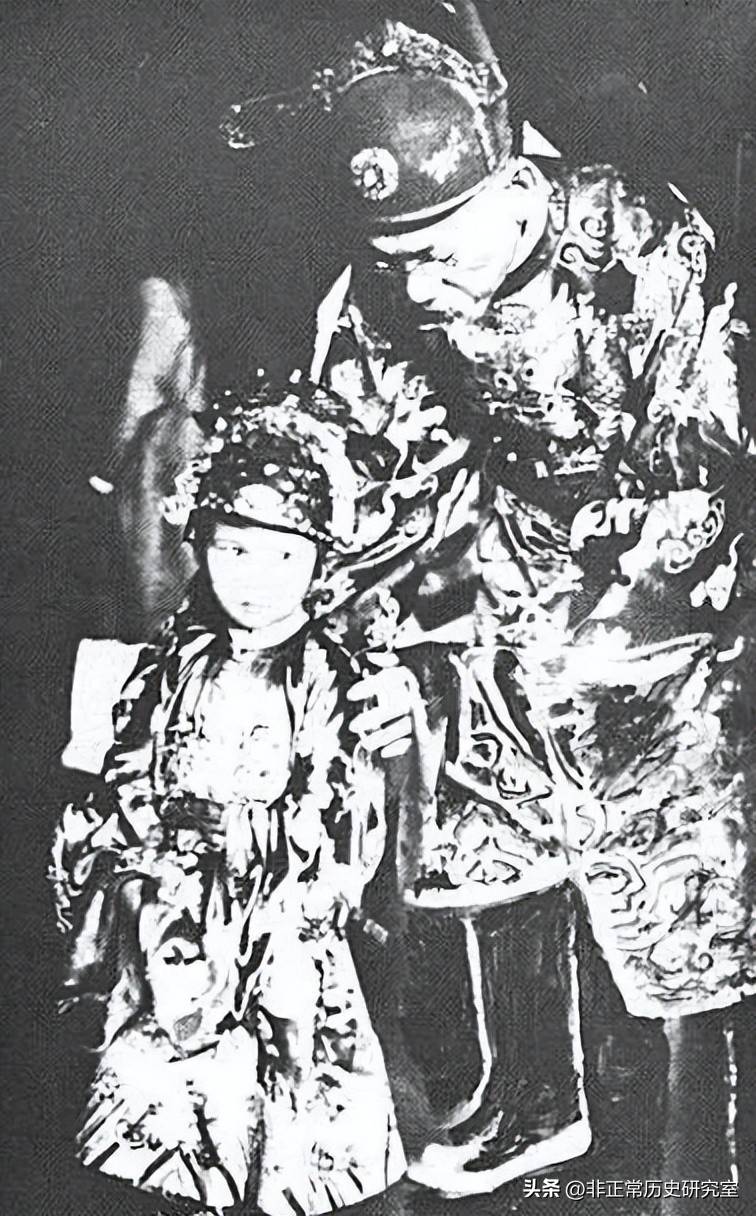
\
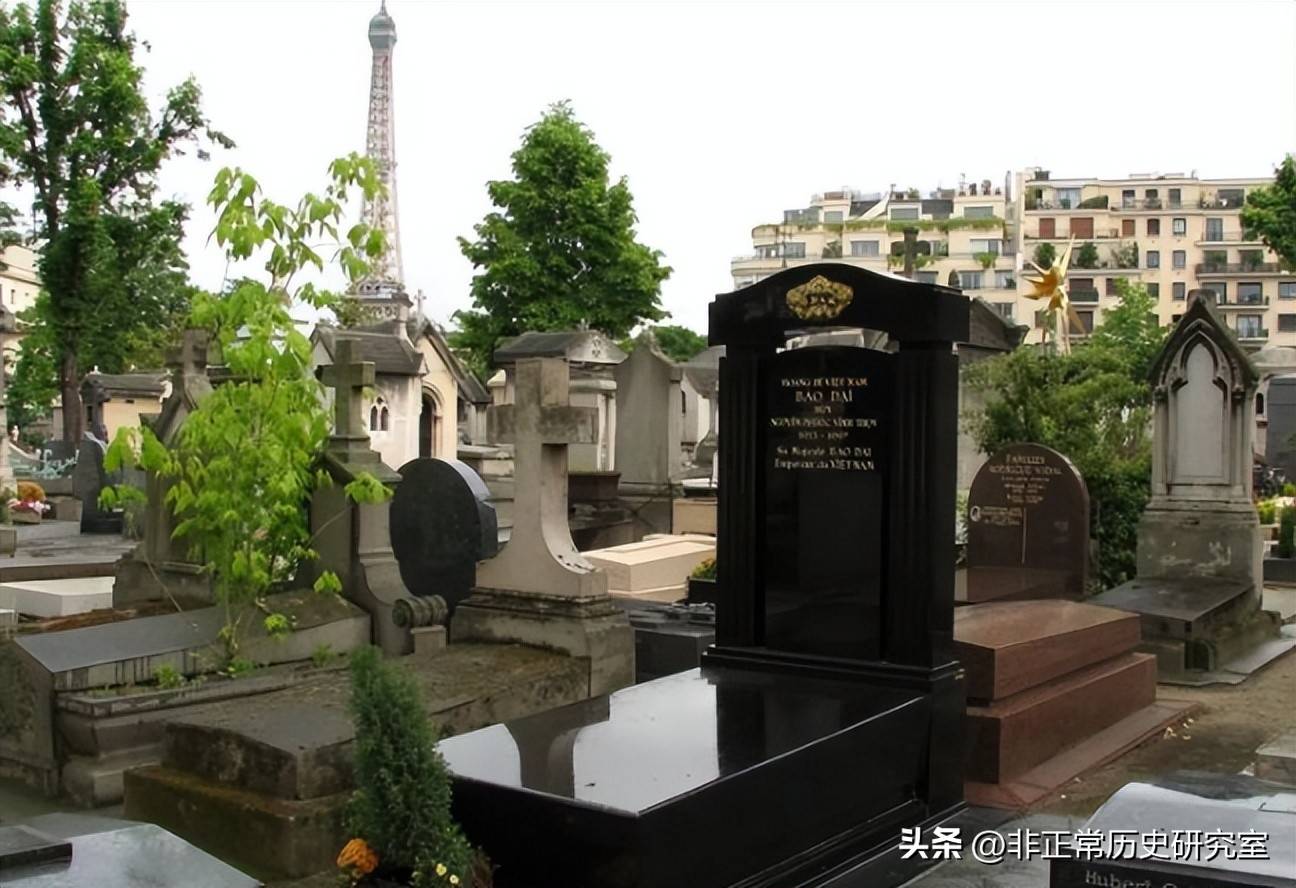
The allure of the throne was undeniably strong. From then on, the Nguy?n family gradually softened toward the alliance. Yet, given current circumstances, political revival by the royal family remains nearly impossible, and public opinion mostly regards these monarchist efforts as little more than a whimsical fantasy—restoring monarchy today is no less than a fairy tale.\",
\"npc_action\": \"Bella attentively listens and then carefully recites the rewritten, detailed narrative in a calm, clear voice, her eyes reflecting the gravity of the history told.\",
\"affection_gain\": 4
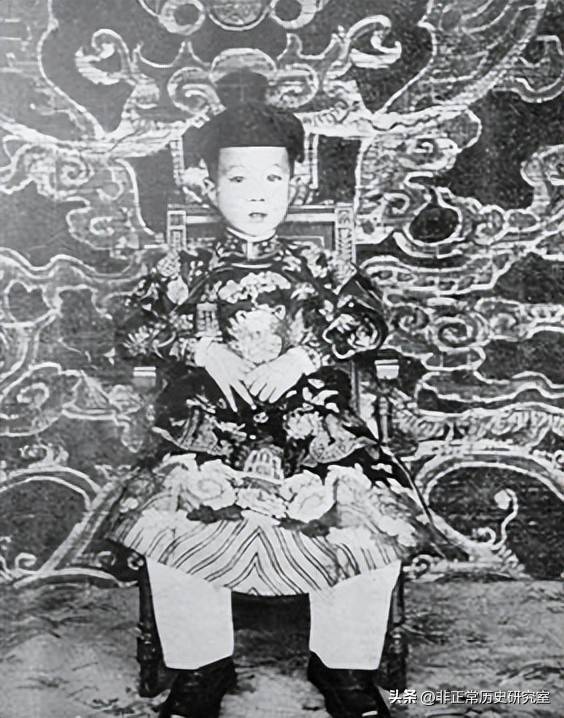
}
